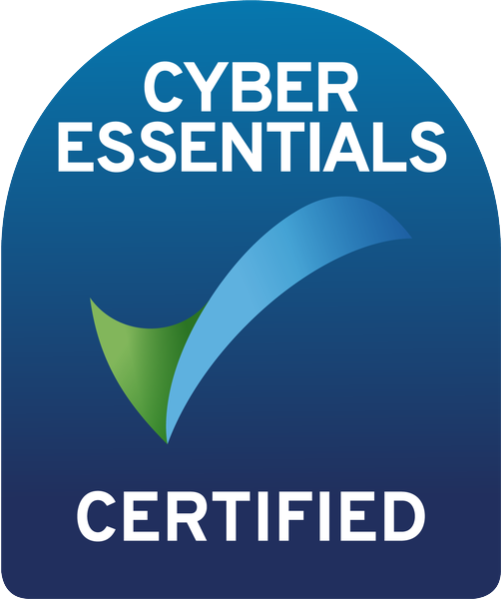Published by


Looking for a new job can be exciting but, if you are not cautious, it can also make you a target. Job scams are on the rise in the UK and they’re getting trickier to spot. Fraudsters set up fake adverts, pretend to be recruiters or even create entire bogus companies just to get hold of your money or personal details.
The good news? With the right knowledge, you can protect yourself. This guide walks you through the warning signs to look out for, how to stay safe during your job search and what to do if you think you’ve been targeted.
*
1. What Exactly Are Job Scams?
*
A job scam is when someone pretends to offer employment in order to trick you into handing over money or sensitive information. Scammers often play on the excitement of landing a new role – making their offers look attractive, urgent or “too good to miss”.
Common tricks include:
-
Fake adverts on job boards or social media.
-
Emails from people impersonating genuine recruiters.
-
Non-existent roles promising huge salaries for minimal work.
Even the savviest jobseekers can fall victim which is why spotting the red flags is so important.
*
2. Red Flags to Watch Out For
*
Don’t Pay to Get Hired
No legitimate employer will ever ask you for money to secure a role. Be cautious if you’re told to cover “training”, “equipment”, “security checks” or anything similar upfront. Likewise, never hand over bank details, passport copies or your National Insurance number until you’re certain the offer is genuine.
Spot the Dodgy Emails
Fraudsters often give themselves away with sloppy communication. Watch out for:
-
Poor spelling and grammar.
-
Generic greetings like “Dear Applicant”.
-
Emails sent from free accounts such as Gmail or Hotmail instead of a company domain.
A Job Without an Interview? Think Twice
If you’re offered a role without an application, interview or even a proper chat about the job alarm bells should ring. Scammers rely on pressure tactics, urging you to accept quickly before you’ve had time to think.
Too Good to Be True Packages
“Work from home, earn £70,000 a year, no experience needed!” Sound familiar? Unrealistic salaries for vague roles are one of the most common hooks. If it looks too good to be true, it usually is.
Can’t Find Them Online? Walk Away
If a recruiter or company seems invisible online, be wary. A quick check on LinkedIn, Companies House or the company’s official website can reveal whether they’re legitimate. If you find nothing, it’s safest to walk away.
*
3. How to Stay Safe When Job Hunting
*
Double-Check Recruiters and Job Adverts
Don’t just rely on what’s in the advert. Research the company independently, look up the recruiter on LinkedIn and check Companies House to confirm the business exists.
Stick to Trusted Job Boards
Websites like LinkedIn, Reed and Indeed carry out some basic checks on the roles they post, making them safer than lesser-known platforms or random social media ads.
Keep Your Money and Documents to Yourself (for Now)
Only provide sensitive details once you’ve had a confirmed, legitimate offer. If you’re asked for anything earlier take it as a warning sign.
Listen to Your Gut
If something feels off it probably is. Don’t be afraid to ask for more information, slow down the process or walk away altogether.
Expect a Proper Hiring Process
Real jobs come with clear role descriptions, applications and usually at least one interview (video or in-person). If a process seems rushed or vague proceed with caution.
*
4. If You Think You’ve Been Targeted
*
Report It Straight Away
Head to Action Fraud — the UK’s national centre for reporting fraud or contact JobsAware for advice and support.
Call Your Bank Immediately
If you’ve transferred money or shared financial details, let your bank know straight away. The quicker you act, the better chance they have of protecting your account.
Protect Your Identity Online
Change any passwords linked to the scam and keep an eye on your credit file for unusual activity. This can help stop identity fraud before it escalates.
*
Get Expert Support
Citizens Advice and the Recruitment & Employment Confederation can guide you on your rights and next steps.



 Back to Resource Centre
Back to Resource Centre







